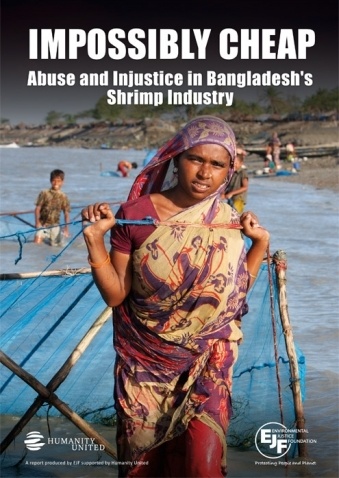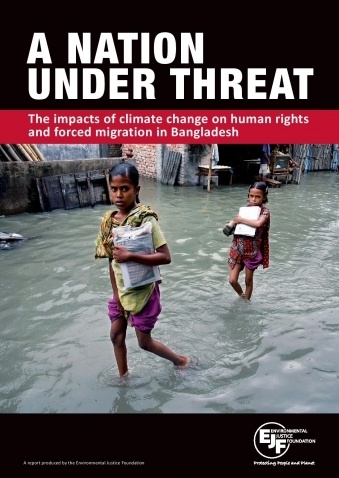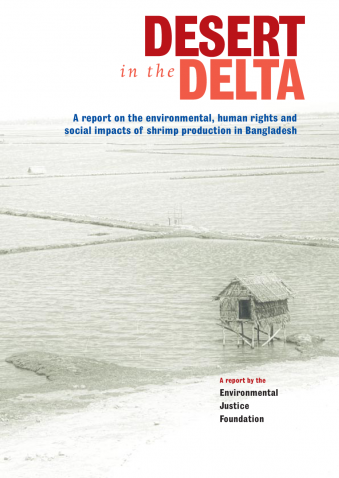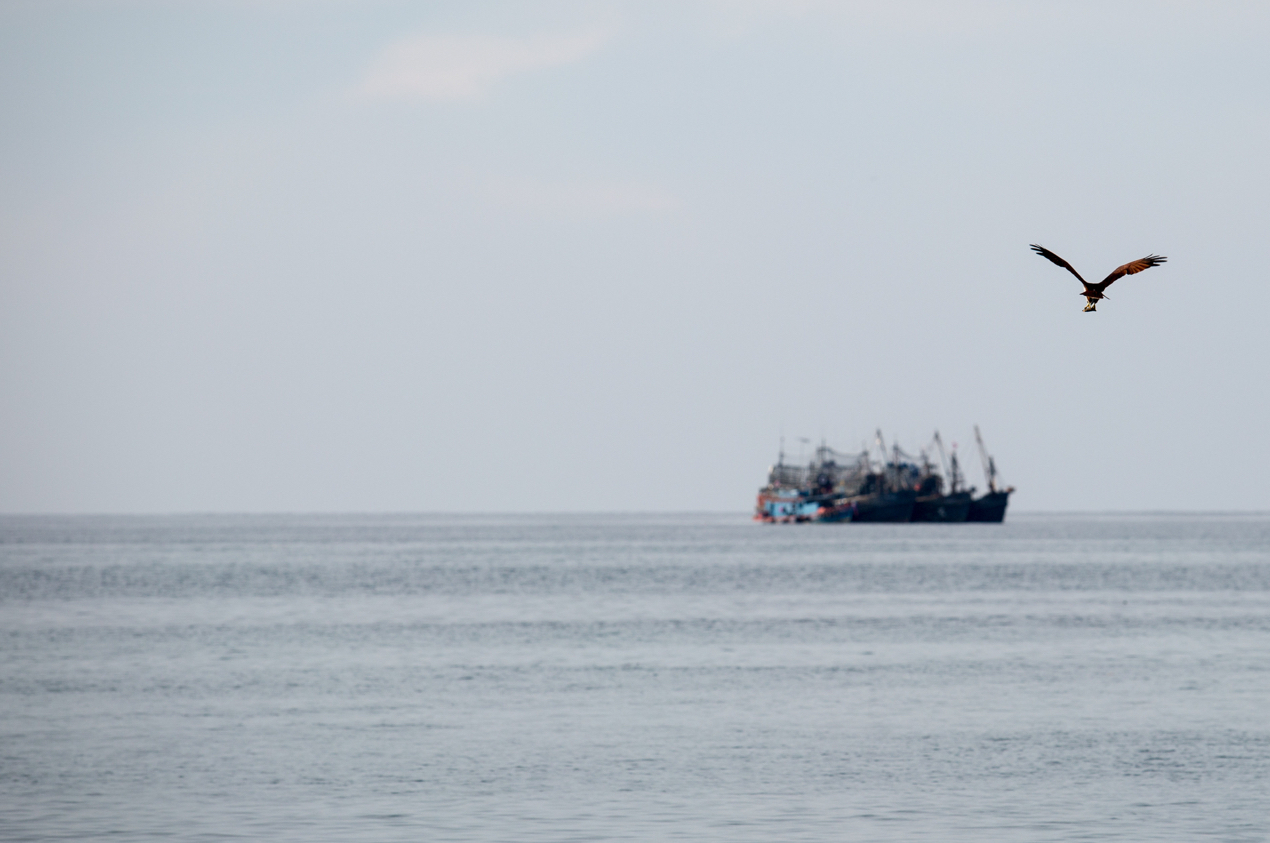
Search results
Showing 41-73 result returned for "bangladesh"
-
News & Media
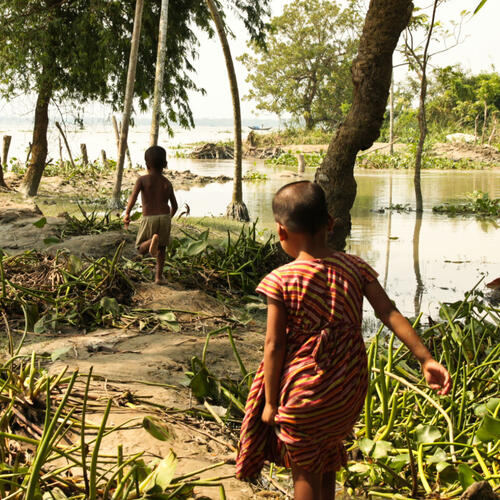 Jan 24, 2018Push for climate justice intensifies in light of latest predictionsRead
Jan 24, 2018Push for climate justice intensifies in light of latest predictionsRead -
News & Media
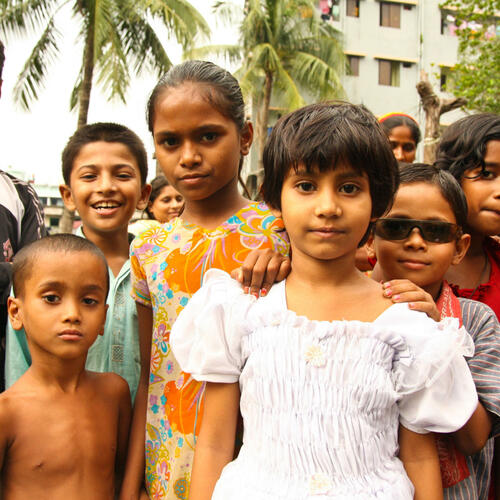 Jan 16, 2018Huge step forward for the rights of climate refugeesRead
Jan 16, 2018Huge step forward for the rights of climate refugeesRead -
News & Media
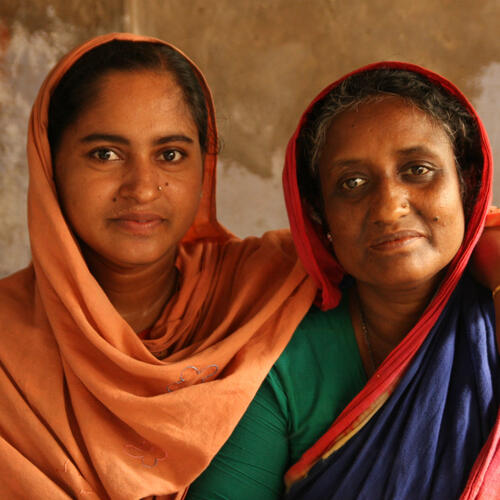 Jan 15, 2018European Parliament urged to make a stand for climate refugeesRead
Jan 15, 2018European Parliament urged to make a stand for climate refugeesRead -
News & Media
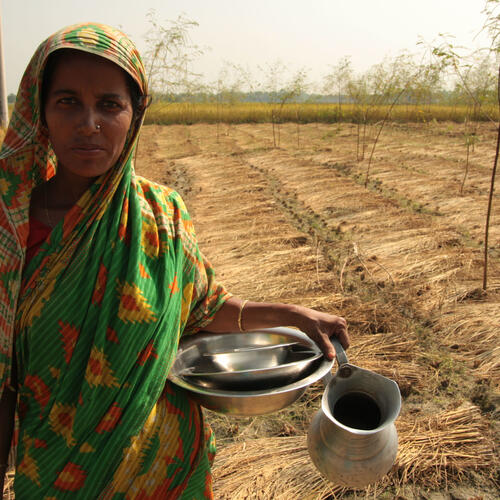 Jan 12, 2018Women and climate justice: EJF commends new resolution from European ParliamentRead
Jan 12, 2018Women and climate justice: EJF commends new resolution from European ParliamentRead
-
News & Media
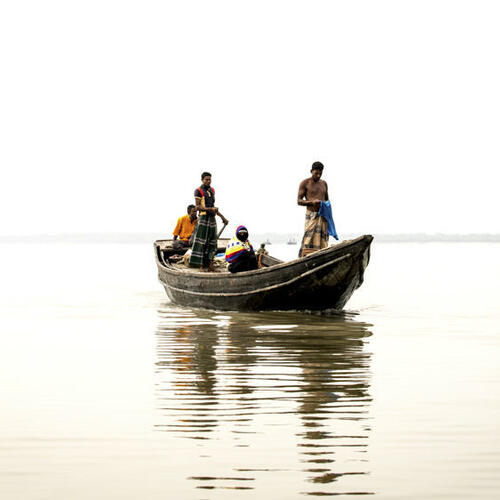 Nov 01, 2017EU leaders must stand up for the rights of climate refugees as new report highlights the links between climate change, security and migrationRead
Nov 01, 2017EU leaders must stand up for the rights of climate refugees as new report highlights the links between climate change, security and migrationRead -
Campaign Stories
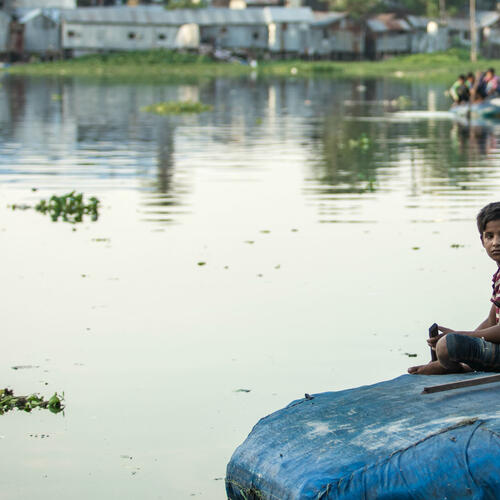 Oct 30, 2017Bangladesh: On the front line of climate changeRead
Oct 30, 2017Bangladesh: On the front line of climate changeRead -
Films
 May 12, 2017Impossibly CheapRead
May 12, 2017Impossibly CheapReadImpossibly Cheap
Featuring testimonies recorded during investigations in 2012, the film documents examples of hazardous working conditions, the use of child labour, bonded labour, withholding of pay, excessively low wages, health and safety violations, restricted union activities, verbal abuse and excessive hours.
EJF is advocating for the Bangladeshi Government, the international community and retailers to work together to stop these abuses.
-
News & Media
 Apr 27, 2017How our desire for fast fashion is costing the earthRead
Apr 27, 2017How our desire for fast fashion is costing the earthRead
-
Campaign Stories
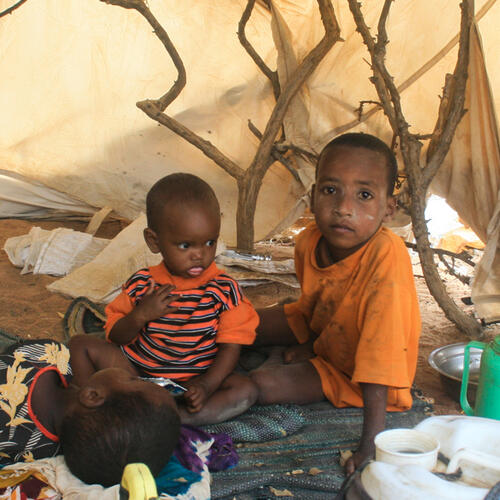 Apr 20, 2017Protecting climate refugeesRead
Apr 20, 2017Protecting climate refugeesRead -
Campaign Stories
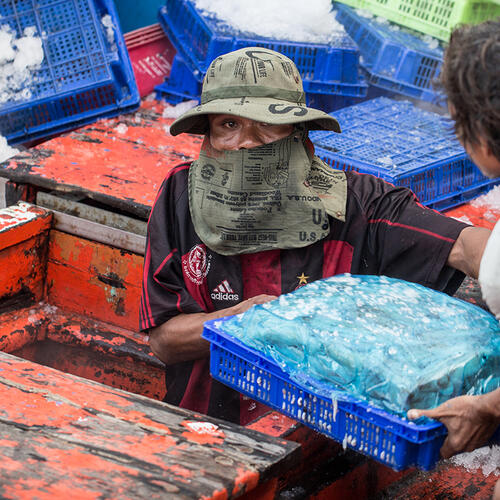 Apr 19, 2017Combating seafood slaveryRead
Apr 19, 2017Combating seafood slaveryRead -
News & Media
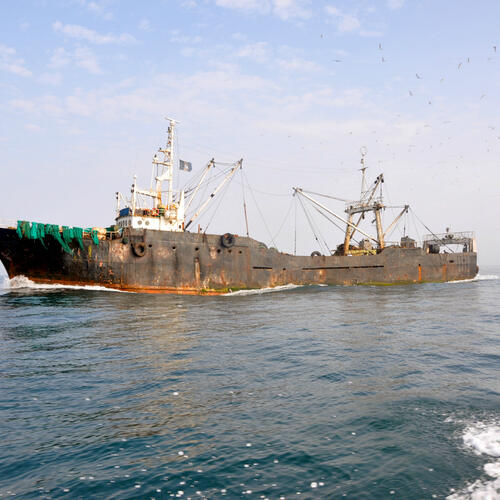 Apr 21, 2015EU warning to Thailand to tackle pirate fishing or risk trade sanctionsRead
Apr 21, 2015EU warning to Thailand to tackle pirate fishing or risk trade sanctionsRead -
News & Media
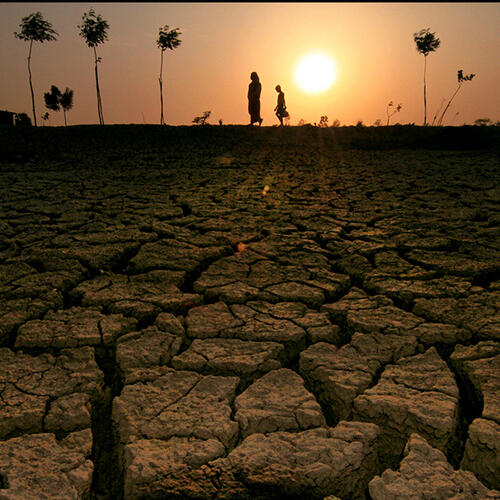 Oct 21, 2014A silent crisis: How climate change drives people from their homes by destroying their livelihoodsRead
Oct 21, 2014A silent crisis: How climate change drives people from their homes by destroying their livelihoodsRead
-
News & Media
 Aug 06, 2014Climate change and livelihoods loss: A crisis without recognitionRead
Aug 06, 2014Climate change and livelihoods loss: A crisis without recognitionRead -
News & Media
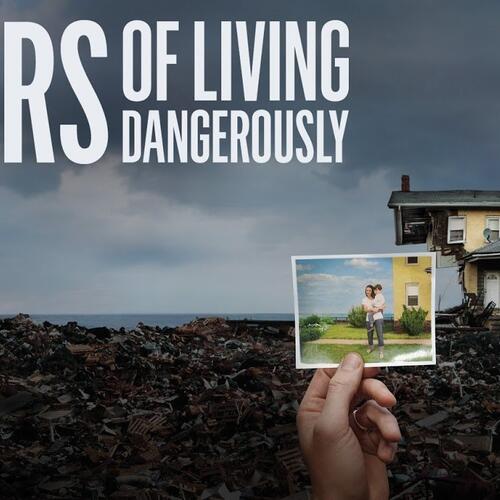 Jul 17, 2014Communicating climate change after years of living dangerouslyRead
Jul 17, 2014Communicating climate change after years of living dangerouslyRead -
News & Media
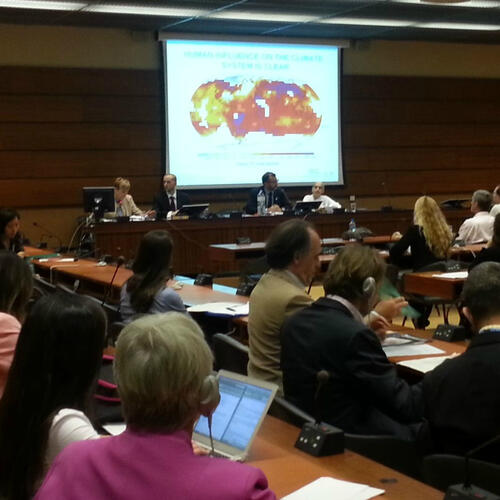 Jul 01, 2014International community reiterates links between climate change and human rightsRead
Jul 01, 2014International community reiterates links between climate change and human rightsRead -
Reports
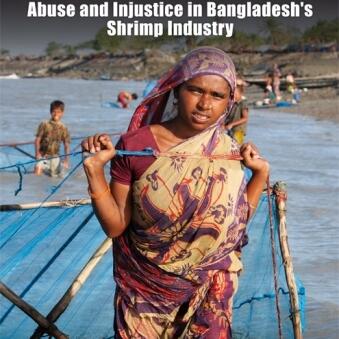 Jan 16, 2014Impossibly Cheap: Abuse and Injustice in Bangladesh’s Shrimp IndustryRead
Jan 16, 2014Impossibly Cheap: Abuse and Injustice in Bangladesh’s Shrimp IndustryReadFeaturing testimonies recorded during investigations in 2012, Impossibly Cheap: Abuse and Injustice in Bangladesh’s Shrimp Industry documents examples of hazardous working conditions, the use of child labour, bonded labour, withholding of pay, excessively low wages, health and safety violations, restricted union activities, verbal abuse and excessive hours.
Impossibly Cheap: Abuse and Injustice in Bangladesh’s Shrimp Industry follows EJF's The Hidden Cost report, published in September 2013, which documents accounts of human trafficking into the Thai shrimp industry, confiscation of identification documents, withholding of pay, forced detention and bonded labour.
-
News & Media
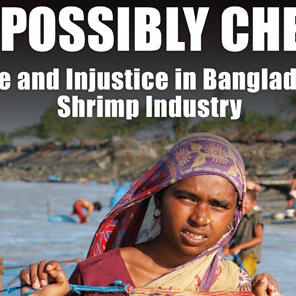 Jan 16, 2014EJF releases report into human rights and labour abuses in the Bangladesh shrimp industryRead
Jan 16, 2014EJF releases report into human rights and labour abuses in the Bangladesh shrimp industryRead -
News & Media
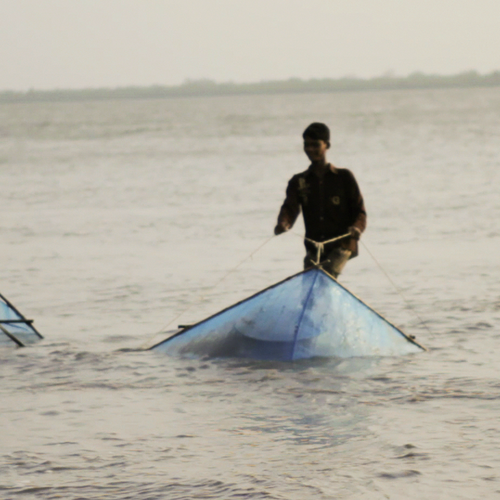 Sep 05, 2013UPDATE: EJF to launch reports into Thai and Bangladeshi shrimp industriesRead
Sep 05, 2013UPDATE: EJF to launch reports into Thai and Bangladeshi shrimp industriesRead -
News & Media
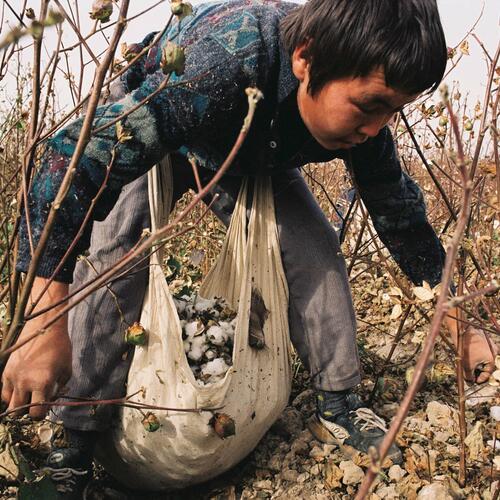 Aug 23, 2013Don't forget the cotton fieldsRead
Aug 23, 2013Don't forget the cotton fieldsRead -
News & Media
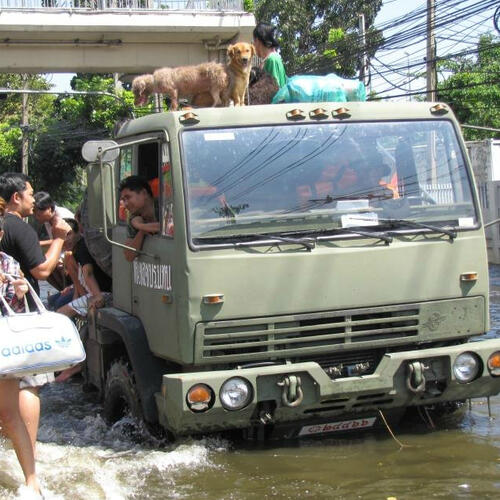 Dec 11, 2012Climate change: It’s not just an environmental issue; it’s a human rights issue tooRead
Dec 11, 2012Climate change: It’s not just an environmental issue; it’s a human rights issue tooRead
-
News & Media
 Dec 10, 2012Responding to Doha on Human Rights DayRead
Dec 10, 2012Responding to Doha on Human Rights DayRead -
Reports
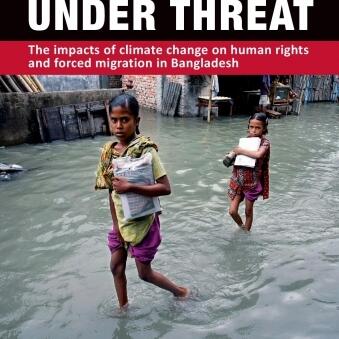 Dec 06, 2012A Nation Under Threat: The impacts of climate change on human rights and forced migration in BangladeshRead
Dec 06, 2012A Nation Under Threat: The impacts of climate change on human rights and forced migration in BangladeshReadThe report is based on the findings of an EJF field investigation in Bangladesh. It reveals the significant damage to vital infrastructure, widespread devastation to housing, reduced access to fresh water for drinking, sanitation and irrigation, and rising poverty and hunger caused by increasingly extreme weather events and the gradual but sustained deterioration in environmental security.
-
News & Media
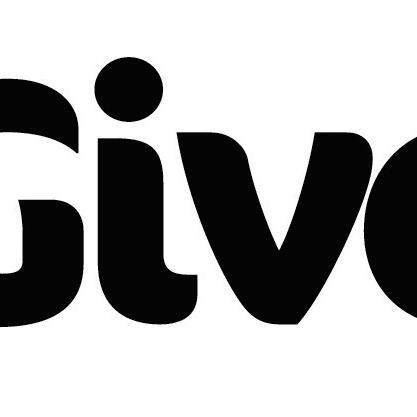 Dec 04, 2012Give a little and change a lot: EJF’s climate refugees campaign joins The Big Give Christmas ChallengeRead
Dec 04, 2012Give a little and change a lot: EJF’s climate refugees campaign joins The Big Give Christmas ChallengeRead -
Films
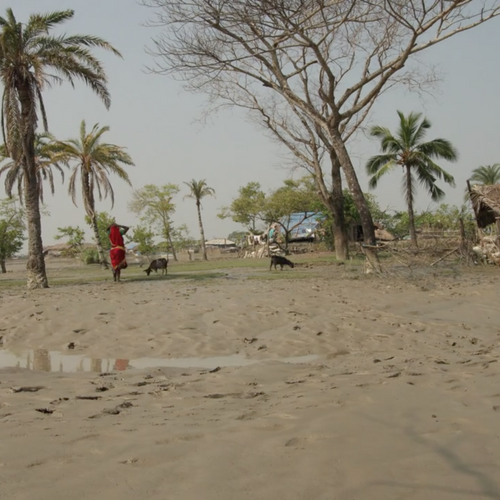 Sep 26, 2012Two Hours in JaliakhaliRead
Sep 26, 2012Two Hours in JaliakhaliReadTwo Hours in Jaliakhali
Jaliakhali was badly affected by Cyclone Aila in 2009, and this footage (shot approximately 18 months after the cyclone hit) shows how the area had still not recovered from this extreme weather event. While the tidal patterns themselves are unchanged, with the embankment damaged by Aila, the village now floods with every high tide, illustrating the vulnerability that coastal and riverine communities are forced to live with. Most of the homes, temples, and schools have been destroyed. The local bazaar disappeared, too. Constant flooding has made the soil infertile. Most of the villagers now live in makeshift shelters on what little areas of raised ground remain, and unemployment and lack of food are becoming major problems for residents.
The residents of this village who have been forced to migrate join millions of others around the world, displaced from their homes and land by declining environmental conditions. There are now more people displaced by climate-related natural hazards each year than there are refugees fleeing persecution or conflict. The numbers will increase as the negative impacts of climate change become increasingly apparent with extreme weather events including hurricanes and cyclones becoming more dangerous, flooding and drought becoming more frequent and longer-lasting, and sea levels rising.
-
News & Media
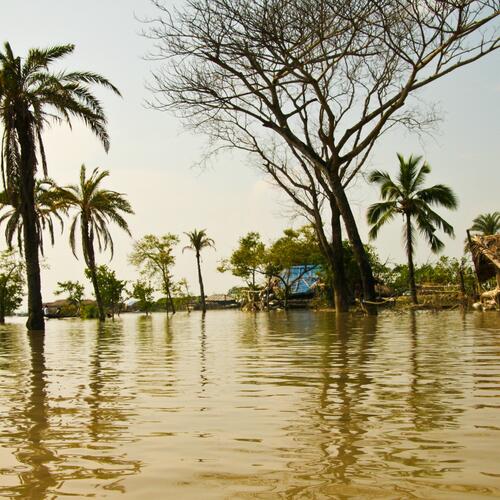 Sep 26, 2012NEW FILM: Two Hours in Jaliakhali, BangladeshRead
Sep 26, 2012NEW FILM: Two Hours in Jaliakhali, BangladeshRead -
Films
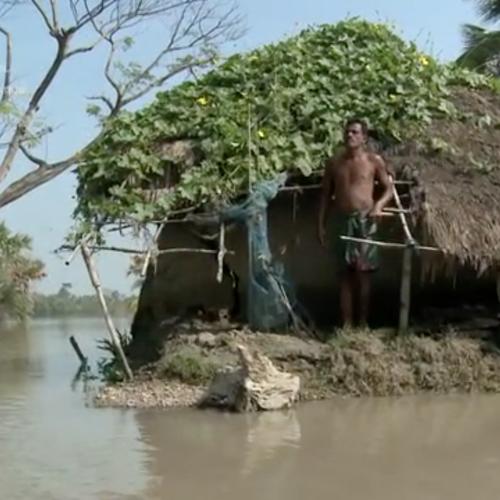 Sep 24, 2012Bangladesh: Land of RiversRead
Sep 24, 2012Bangladesh: Land of RiversReadBangladesh: Land of Rivers
In Bangladesh, more than 80% of the population survive on less than $2 a day. The "multiplier effect" of climate change stands to push people deeper into poverty, undermining progress on development and even threatening regional stability.
In this short film, EJF explains how climate change is having a profound human impact on one of the world's poorest countries.
-
Films
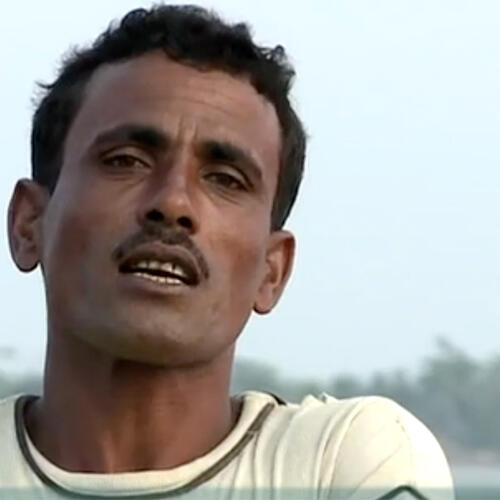 Sep 20, 2012Home Truths: Anil Krishna RoyRead
Sep 20, 2012Home Truths: Anil Krishna RoyReadHome Truths: Anil Krishna Roy
There's No Place Like Home: Campaigning for environmental security and human rights
Each year, millions of people are forced from their homes and land by climate-related, natural disasters. Some of these people are displaced by sudden onset storms and flooding, others by longer term hazards such as drought and desertification. Most are from the world’s poorest and most vulnerable countries. Many face an uncertain future, with nowhere to go and no means to survive.
EJF works to raise awareness and improve the well-being and welfare of these climate refugees. We campaign for a new, legally-binding instrument for their legal recognition, protection and assistance.
Help us get their voices heard
EJF’s Home Truths – the Climate Witness Network is working to connect people around the world, empowering them to start a dynamic conversation on climate change, providing a platform where people can share their thoughts, ideas and hopes. EJF is helping individuals and communities to document the issues that affect them, using photography and film to show what it is like to live on the frontline of climate change.
-
Films
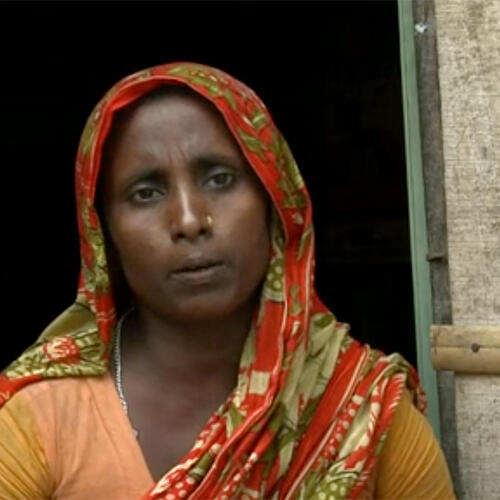 Sep 20, 2012Home Truths: Taslima BegumRead
Sep 20, 2012Home Truths: Taslima BegumReadHome Truths: Taslima Begum
There's No Place Like Home: Campaigning for environmental security and human rights
Each year, millions of people are forced from their homes and land by climate-related natural disasters. Some of these people are displaced by sudden onset storms and flooding, others by longer term hazards such as drought and desertification. Most live in the world’s poorest and most vulnerable countries. Many face an uncertain future, with nowhere to go and no means to survive.
EJF works to raise awareness and improve the well-being and welfare of these climate refugees. We campaign for a new, legally-binding instrument for their legal recognition, protection and assistance.
-
News & Media
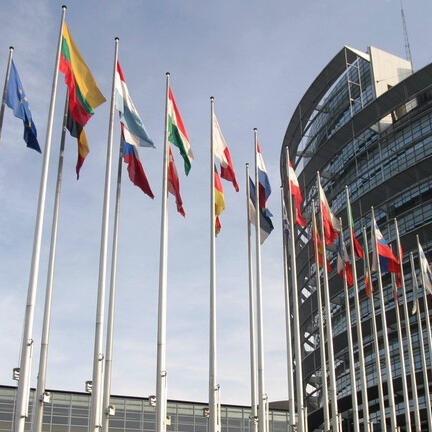 May 18, 2012European Parliament hearing calls for more action on climate change by the EURead
May 18, 2012European Parliament hearing calls for more action on climate change by the EURead -
News & Media
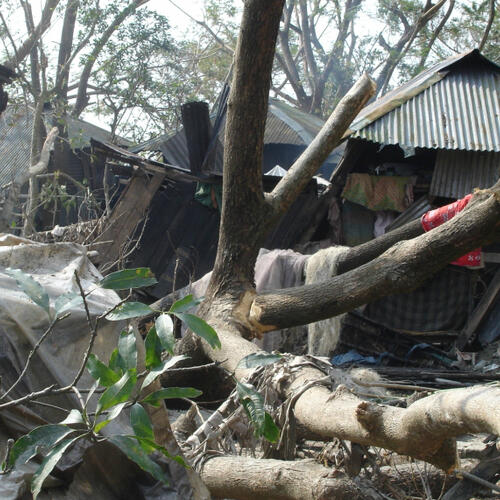 May 11, 2012Urgent call for a Special Rapporteur on climate change and human rightsRead
May 11, 2012Urgent call for a Special Rapporteur on climate change and human rightsRead -
News & Media
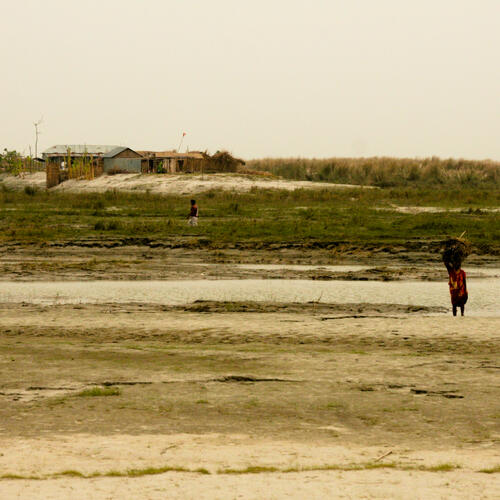 May 11, 2012BRIEFING: The impacts of climate change on human rights and forced migration in BangladeshRead
May 11, 2012BRIEFING: The impacts of climate change on human rights and forced migration in BangladeshRead -
News & Media
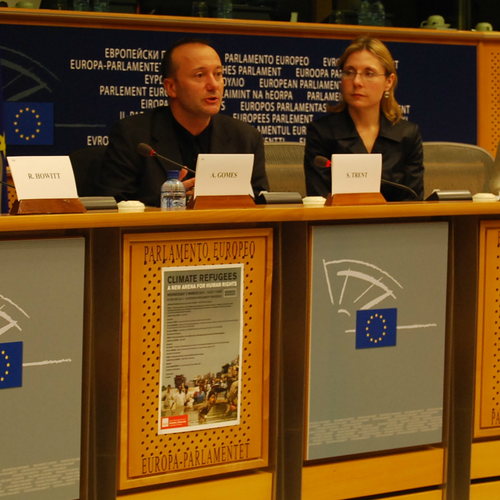 Mar 03, 2011EJF brings the issue of climate refugees to the European ParliamentRead
Mar 03, 2011EJF brings the issue of climate refugees to the European ParliamentRead
-
Reports
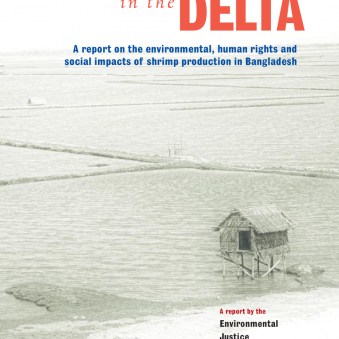 Feb 02, 2004Desert in the DeltaRead
Feb 02, 2004Desert in the DeltaReadThe report summarises the abuses and problems associated with shrimp production in Bangladesh, while defining potential solutions. Researched over an 18-month period, it incorporates over 250 references and, crucially, the personal testimony of Bangladeshi individuals directly affected by the shrimp industry.
This report is one of a series documenting EJF’s international investigations into the social, economic and environmental impacts resulting from shrimp production and consumption.
